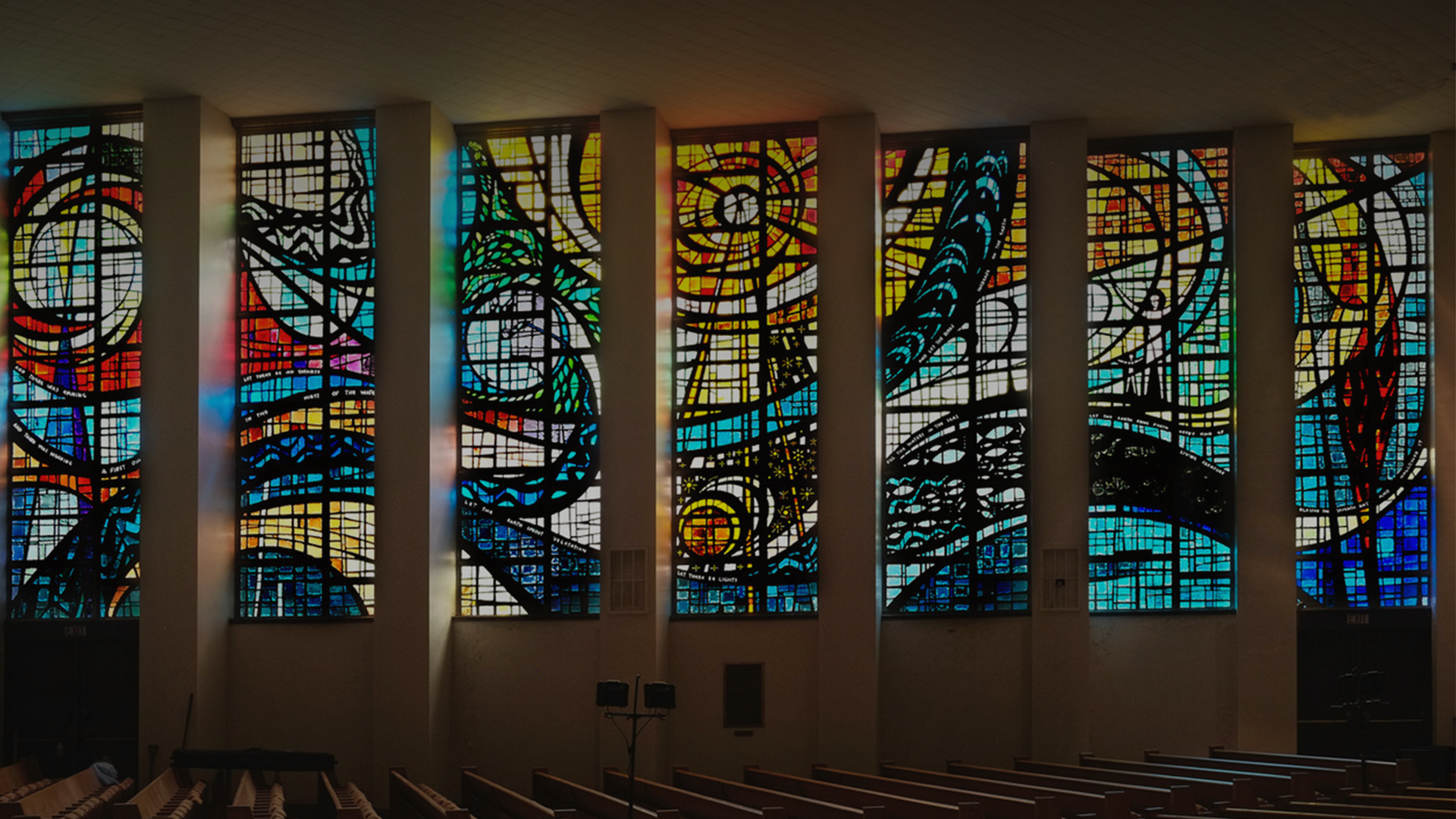
In Memory and Hope
by Carole Zawatsky
On October 27, 2018, the Tree of Life Synagogue in Pittsburgh, Penn., became the site of the deadliest act of antisemitism ever committed on American soil. A gunman shouting, “All Jews must die!” killed 11 Jews, injured 6 other people, and forever changed the lives of Jews in Pittsburgh and across the country. Families lost their loved ones, congregants lost their community members, and Jews across the nation lost the belief that we as Jews are safe here in America.
Today, five years later, another October has brought an unimaginable and brutal echo from Israel. Once again, Jews were attacked and killed in a place they thought they were safe: asleep in their beds, making breakfast in their homes, taking a morning stroll in their neighborhoods. In the aftermath of such profound tragedy, communities face rebuilding on unstable ground.
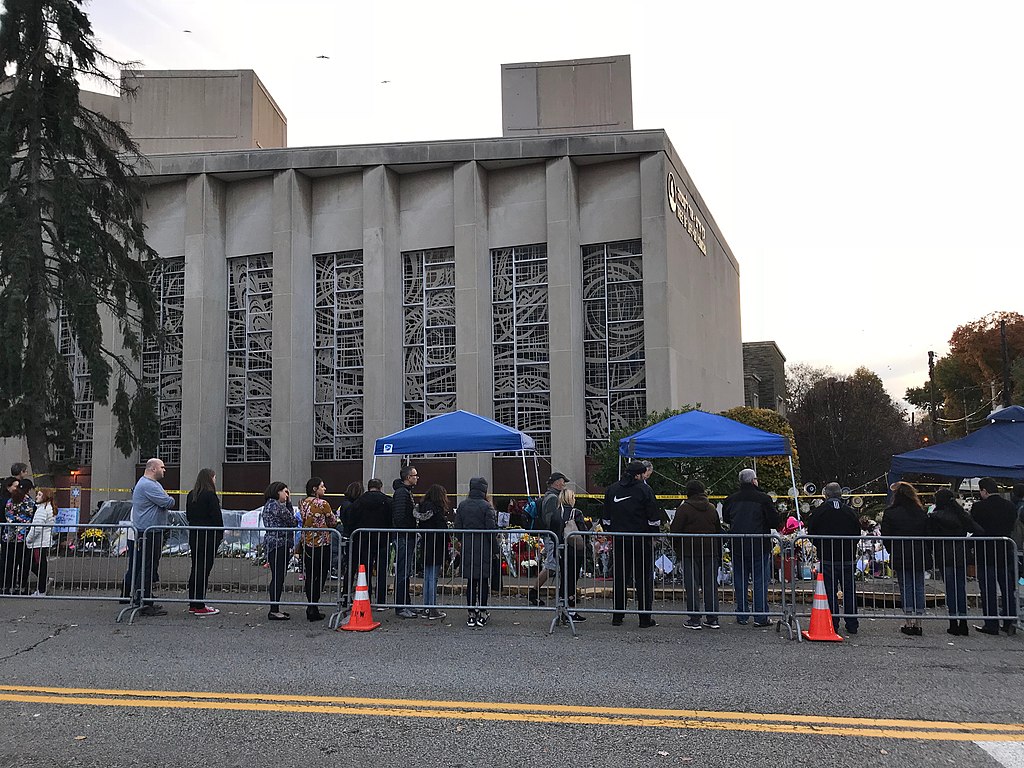
In November of 2022, after a long career leading Jewish museums, I moved to Pittsburgh to head a foundation working with the community to envision a renewed Tree of Life. Our task is to bring forth a new institution filled with both memory and hope, a space of profound healing, a space to remember, to educate, and to hold new moments of joy-filled Jewish celebration. We are in fact creating something wholly new: a testament to resilience in the face of American antisemitism.
I expected to find a traumatized community here, and I did. Children struggled with nightmares and feared the sound of loud noises, parents were unsure how to protect themselves and their families, congregants were frightened to reenter spaces of worship that had long been their home, and clergy wrestled with how to comfort a community while they themselves needed healing.
We are in fact creating something wholly new: a testament to resilience in the face of American antisemitism.
But I encountered something I didn’t expect. For many years, as part of the staff of the U.S. Holocaust Memorial Museum, I was fortunate to learn from survivors and hear first-person testimonies. It was an honor to spend time with people who performed extraordinary acts at great risk to themselves and their loved ones to save Jews during the Holocaust. I somehow thought this experience and my past visits to Auschwitz and other death camps might inoculate me against the emotions involved in working with this trauma-filled community in Pittsburgh.
What I have learned, however, is how profoundly different it is to work to bring light into the darkness in our own country, where we in the Jewish community have all assumed we were safe. Here in Pittsburgh in 2023 we are not insulated by time and geography. The survivors and family members of the victims are trying to heal in real time, in their hometown. A new generation of Jews across America is currently grappling with the rise of antisemitism in their own communities and the fear that violence could happen anywhere.
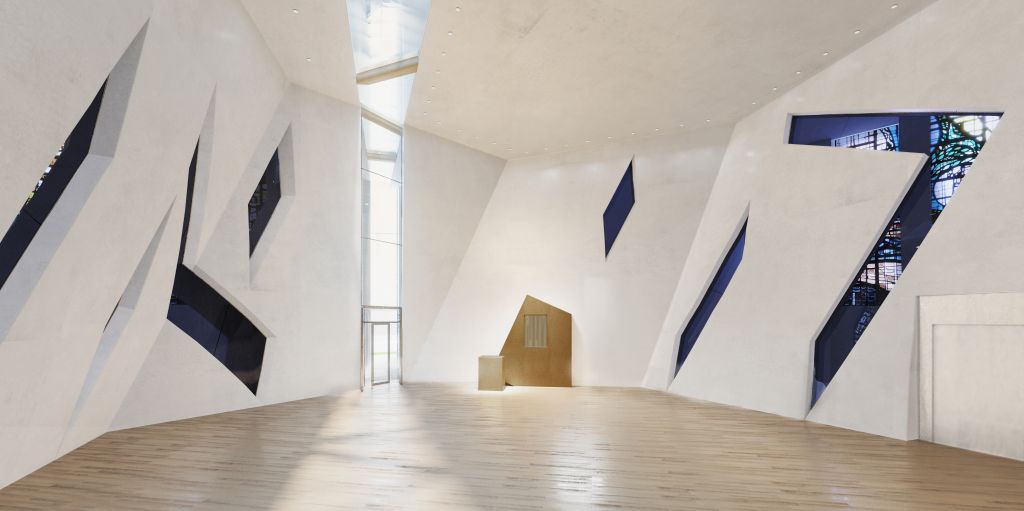
Recognizing the significance of what happened in this place, I sought to ensure that the evidence of this brutal act was respectfully and carefully removed and placed into safe storage for us to bear witness for generations to come. There were prayer books shattered with bullet holes; more bullet holes in the doors of the ark (the central aspect of every synagogue), which houses the Torah, the most sacred Jewish text; a kitchen island that two victims huddled beneath in an attempt to stay safe; and markings on the walls by the first responders with counts of victims. In the classroom where the shooter was apprehended, bullet holes riddled the walls, alongside Ten Commandments written by children: don’t egg your neighbor’s house, don’t eat meat, clean your room, Do Not Kill. All of this has been saved. These sacred objects will help us tell the story of the most horrific day in American Jewish history. May the memories they hold be a blessing.
What I have learned is how profoundly different it is to work to bring light into the darkness in our own country . . . where we are not insulated by time and geography.
The reimagined Tree of Life will house a museum that honors the memory of the victims, recognizes the bravery and sacrifice of the first responders, and explores the roots of antisemitism in America. It will also be a space to empower upstanders and partners in the ongoing effort to uproot antisemitism, because when we do so, we can begin to uproot all forms of identity-based hate.
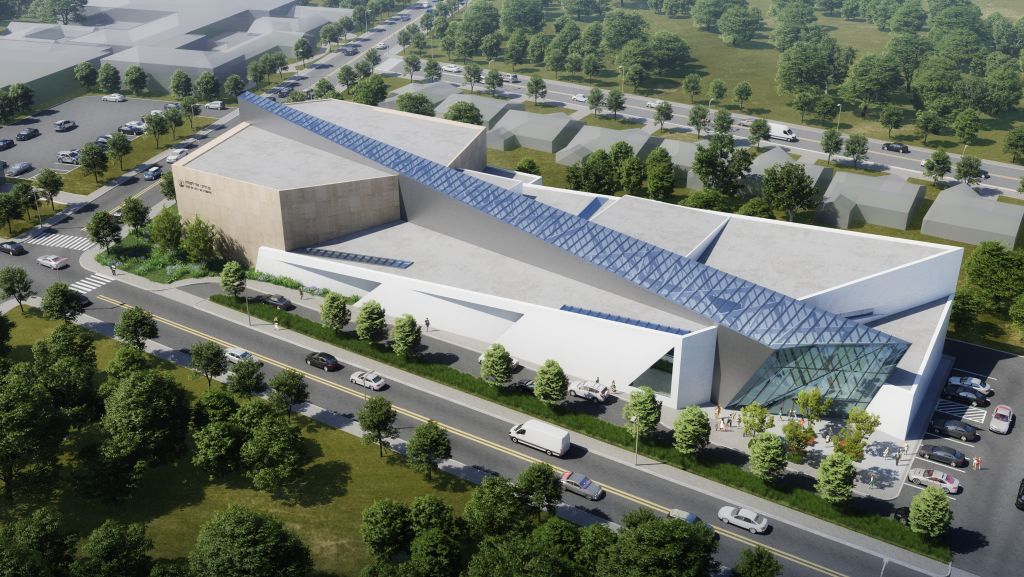
All who enter the space will leave with an understanding of how each of us can play a role in rejecting all too easily spread tropes of hatred and building compassionate communities together.
We are not doing this work alone. Our friends and allies are standing shoulder to shoulder with us, as they did in the hours, days, and months following the shooting.
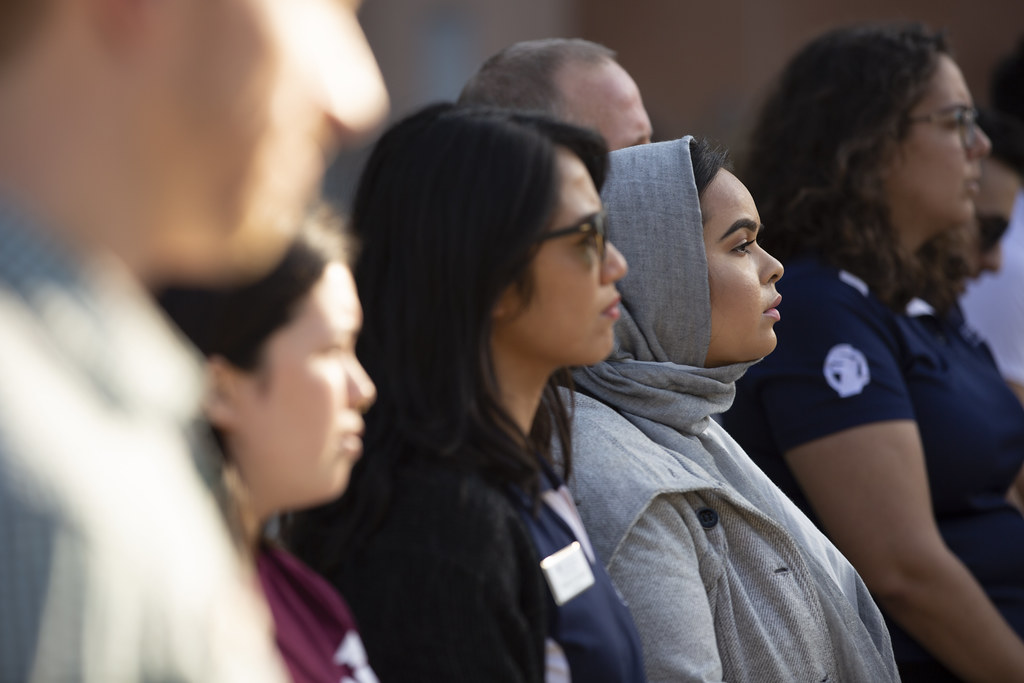
October 30, 2018. Copyright © CSUF Photos.
The communal collaboration is evidence that Pittsburghers understand what we all must: that antisemitism is not a Jewish problem, it is an American problem.
Today in History features stories that probe the past and investigate the present to better understand the roots and rise of hate. The views and opinions expressed are those of the author.
Top photograph: Credit S. M. Riemer.

